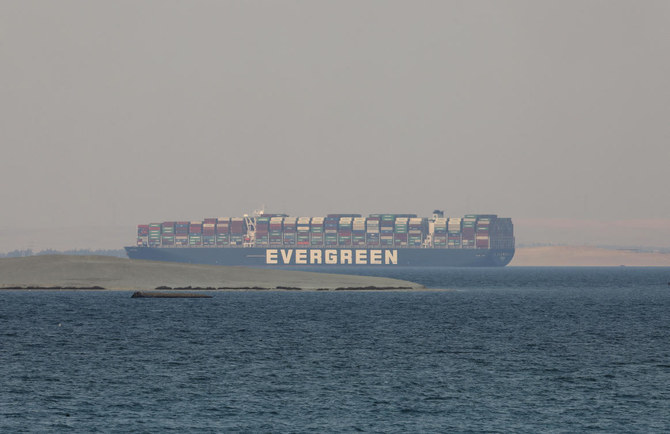RIYADH: Consumer spending in Saudi Arabia remained resilient, staying above $3 billion for the fourth consecutive week, as strong demand for clothing and footwear helped offset broader declines in other sectors.
According to data from the Saudi Central Bank, also known as SAMA, point-of-sale transactions totaled SR11.71 billion ($3.12 billion) in the week ending May 24, down 5.5 percent from the previous week, while the number of transactions dipped 5.3 percent to 205.98 million.
Despite the overall drop, the apparel sector posted a 2.1 percent increase, reaching SR702.61 million, the only category to record weekly growth.
POS refers to transactions made using electronic payment methods — such as credit or debit cards — at retail outlets, restaurants, and service providers.
The sustained spending momentum highlights consumer confidence and the ongoing digital transformation of payments, driven by initiatives under the Kingdom’s Vision 2030 strategy.
The food and beverage category remained the largest in value at SR1.65 billion, though it saw an 8.4 percent decrease. Spending at restaurants and cafes declined 6.7 percent to SR1.65 billion, while transactions at gas stations fell 6.2 percent to SR872.03 million.
POS activity in health services dropped 6.1 percent to SR742.22 million, while miscellaneous goods and services fell 4.4 percent to SR1.46 billion. Recreation and culture remained relatively stable, down just 0.8 percent at SR227.67 million.
Geographically, Saudi Arabia’s capital city Riyadh dominated POS transactions, with a value amounting to SR4.31 billion. However, compared to the previous week, the value of transactions in Riyadh declined by 4.1 percent.
Jeddah followed with a 2.9 percent decrease, reaching SR1.69 billion, while Dammam came third with transactions amounting to SR620.65 million.
Hail experienced the most significant decrease in spending, dropping by 11 percent to SR172.08 million. Tabouk followed with a 10.1 percent reduction to SR213.94 million.
POS spending in Makkah witnessed a drop of 3.5 percent to SR379.61 million.
In Madinah, POS spending stood at SR408.84 million, marking a weekly decline of 6 percent.
In Khobar, the value of transactions amounted to SR365.15 million, a drop of 3.2 percent, while Abha registered SR146.08 million in transaction value, registering a weekly decline of 4.9 percent.

























